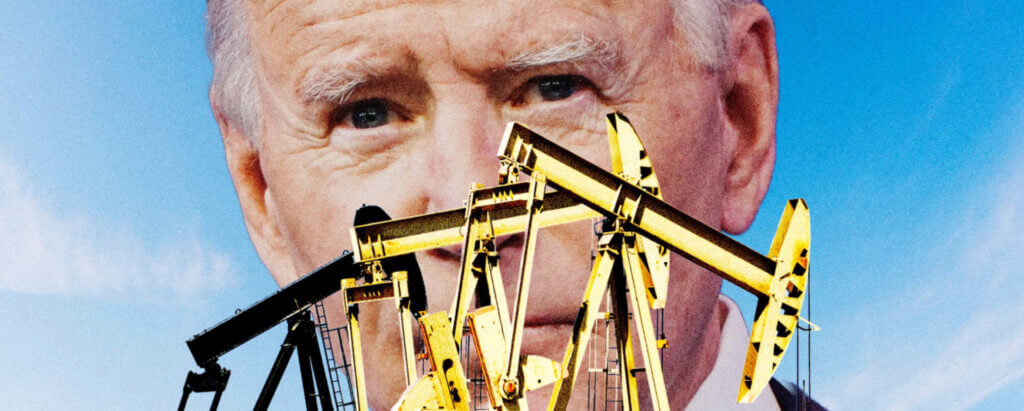Where Does All That Money Go? Breaking Down Biden’s Trillion Dollar Infrastructure Package

President Joe Biden achieved one of his first substantive legislative victories when Congress passed his $1.2 trillion infrastructure package. While the Biden administration sold the “bipartisan infrastructure bill” on the promise of building new roads and bridges, the bill also contains highly ideological provisions preparing for roads and bridges to be torn down, increasing commute times, attempting to herd drivers onto public transportation, allowing Washington to dictate environmental policy to each of the 50 states, and giving high-speed internet access to prisoners.
Here are the facts you need to know.
What is the bipartisan infrastructure bill? How is it related to the “human infrastructure” plan?
The “Infrastructure Investment and Jobs Act” (H.R. 3684) is popularly known as the Bipartisan Infrastructure Framework (or “BIF,” for short). The bill became part of a pitched process battle, as President Joe Biden brought together a team of centrist Republicans and less partisan Democrats to negotiate the bill’s contents — then publicly announcing it had to be passed “in tandem” with the then-$3.5 trillion “Build Back Better” Act, which some supporters referred to as a “human infrastructure” bill and which radically expands social welfare programs. “If only one comes to me, this is the only one that comes to me, I’m not signing it,” he vowed.
To the disappointment of congressional progressives, the president ultimately backed down and decoupled the bills. The Senate passed the bipartisan infrastructure bill on August 10 by a 69-30 vote, supported by 19 Republicans. The House of Representatives approved the legislation 228-206 on November 5: 13 Republicans voted in favor of the bill, while six far-Left Democrats voted against the bill, which is more than 2,700 pages long, due to lingering bitterness about the social spending plan. Progressive Caucus Chairwoman Rep. Pramila Jayapal (D-WA) said that the infrastructure vote took place in exchange for a commitment to vote on the “Build Back Better” act, which now contains $1.75 trillion in social spending, “no later than the week of November 15.” The infrastructure bill now goes to President Biden for his signature
How much money does the bipartisan infrastructure bill spend on roads and bridges?
The Infrastructure Investment and Jobs Act, or BIF, totals $1.2 trillion in spending on traditional infrastructure, as well as broadband internet access and a number of green energy proposals.
Although this legacy media describe this bill as a boon for “roads and bridges,” only approximately 10% of the bill — $110 billion — goes to roads and bridges. The White House says the $40 billion of that total designated specifically for bridges “is the single largest dedicated bridge investment since the construction of the interstate highway system” by the Eisenhower administration. The bill spends another $42 billion for airports and seaports, and $55 billion on fixing water pipes.- READ MORE




Responses